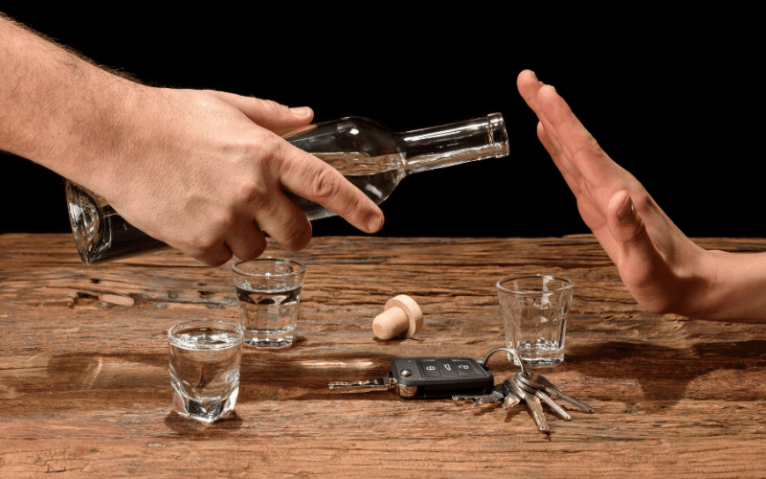Alcohol is an interesting substance that directly affects the brain and subsequently affects how we think, feel, and act. When consumed in large amounts, alcohol can cause damage to the brain. It can affect the frontal lobe, dopamine levels, serotonin, motivation, and mental acuity. So what actually happens to your brain when you stop drinking? Are the effects permanent or will the brain heal? If it heals, how long will it take?
The First Days Of Sobriety
The first days of sobriety after heavy alcohol use can be difficult. The detox process can lead to unpleasant withdrawal symptoms that vary depending on a number of factors. In fact, it can take several days or even more than a week for the brain to begin functioning properly again. Once you emerge from withdrawal, you begin to see and feel the benefits of sobriety.
One Week of Sobriety
After a week or so of sobriety, your brain has begun to resume the withdrawal symptoms have subsided. Although healing is taking place during the initial days, it is once a week or so has passed that most individuals who go through detox begin to feel better.
Dopamine Levels Balance
Alcohol consumption triggers the production of dopamine, a hormone responsible for feelings of pleasure and motivation. However, long term use leads to an overproduction of dopamine and the brain compensates by reducing the number of dopamine receptors. In the first days and weeks of sobriety, hopelessness and a lack of motivation can set in as there is a sharp decline in the production of dopamine and fewer receptors. These levels will eventually balance out and return to normal levels.
Serotonin Production Increases
Another naturally occurring hormone that affects one’s mood and is altered by alcohol is serotonin. Serotonin production creates feelings of happiness and wellbeing. Although alcohol can boost serotonin in the short-term, heavy alcohol use can actually lead to a reduction in serotonin production over the long term. This increases the likelihood of developing depression. Similar to dopamine, serotonin levels can return to normal over time following the cessation of alcohol consumption. In some instances, medications are used to manage symptoms of depression and to slowly return these levels to normal.
Motivation Increases
As dopamine levels balance out and the brain heals, motivation also improves. As time goes on without drinking, the desire to be productive and tackle new activities comes back. The increased mental and physical exercise only helps heal the brain and body faster. Completing tasks and activities sparks a natural production in dopamine and helps propel a positive cycle of motivation and joy.
The Frontal Lobe Regenerates
What happens to the brain’s frontal lobe after you stop drinking? Years of alcoholism can damage the frontal lobe of the brain. Located just behind the forehead, the frontal lobe is the part of the brain responsible for memory, reasoning, and motor function. Severe damage could mean memory loss, poor decision making, and irrational thinking. Recovery of this part of the brain is possible, but it takes time. Some improvement may be seen at the end of the detox process, but continues for months to years into sobriety.
Mental Acuity Sharpens
The damage that is present may make recovery challenging in the initial days of sobriety due to compromised decision-making skills. As time goes on and healing takes place, this part gets easier. The ability to handle difficult situations increases and often positive outcomes are experienced across the board. Your memory and motor function will also improve after you stop drinking. You may learn that you still have skills that you thought were long gone.
What happens to your brain when you start drinking is that it heals. It is hard to say exactly how long it will take for your brain to heal, but it can and it will if you give it a chance. Patience is key. The changes and healing do take time, but there is no better time to start than now. Let your brain and your body heal but detoxing at a trusted addiction treatment center. At Lighthouse, our alcohol addiction treatment program can light the way to sobriety so your brain and body can start the healing process.









